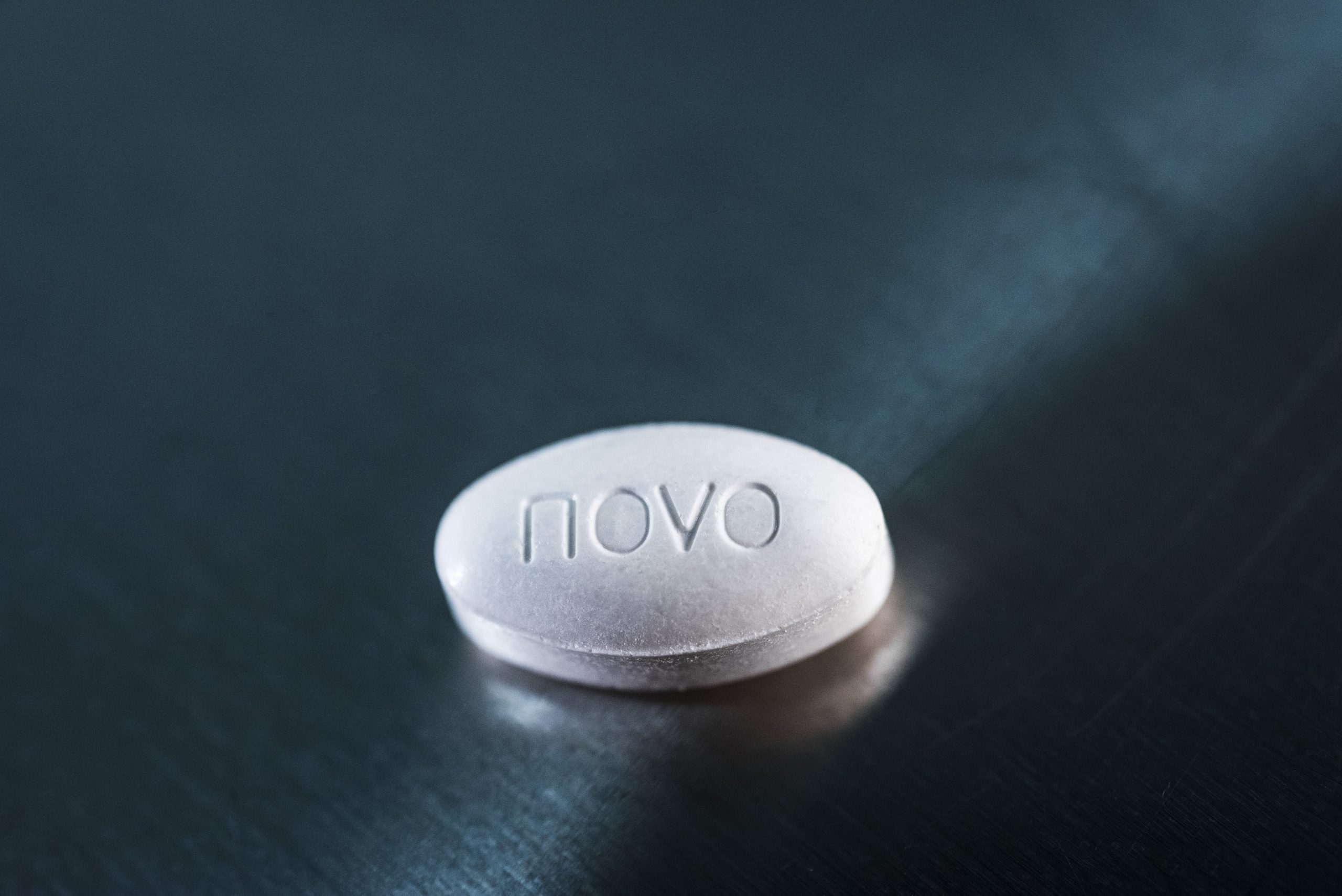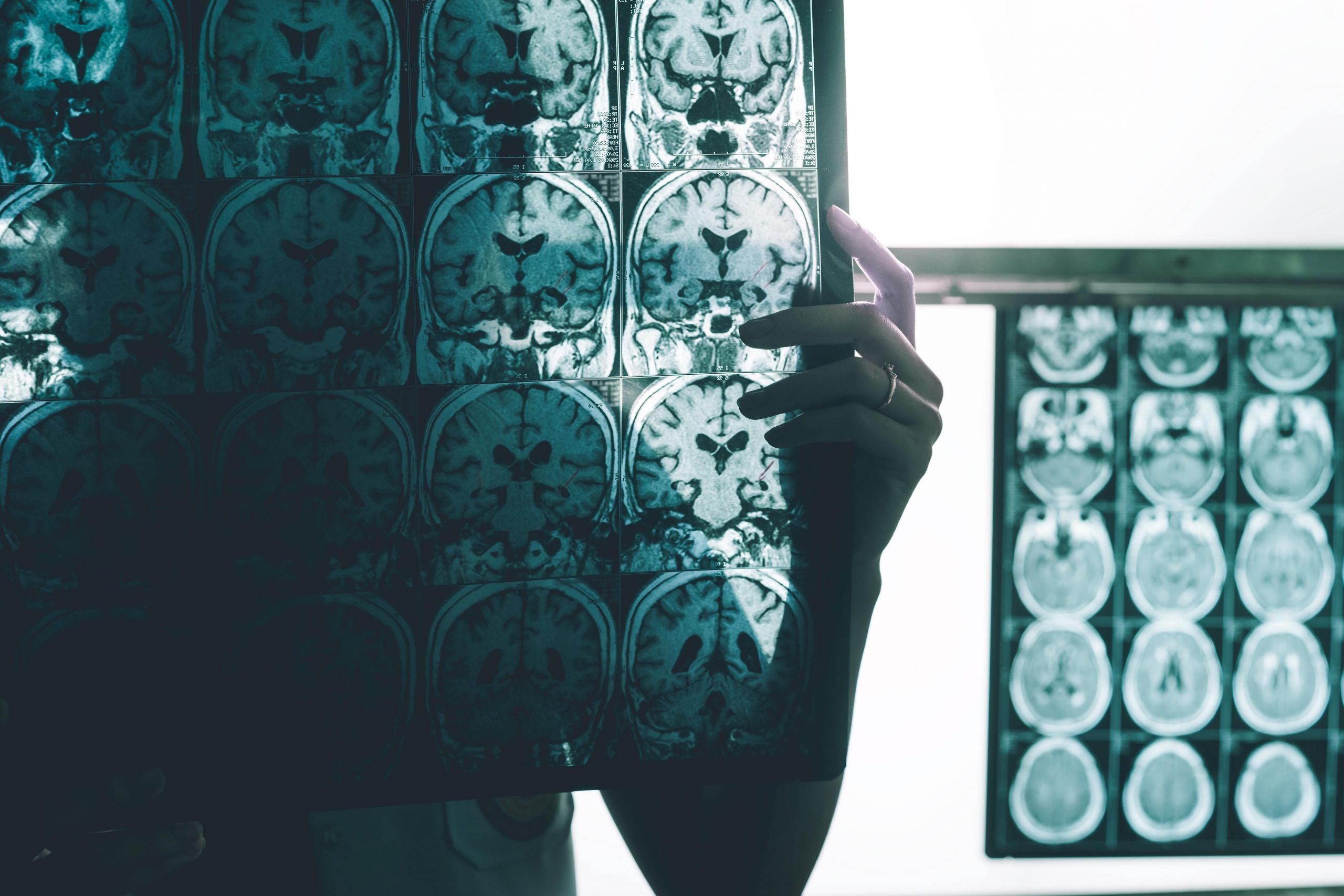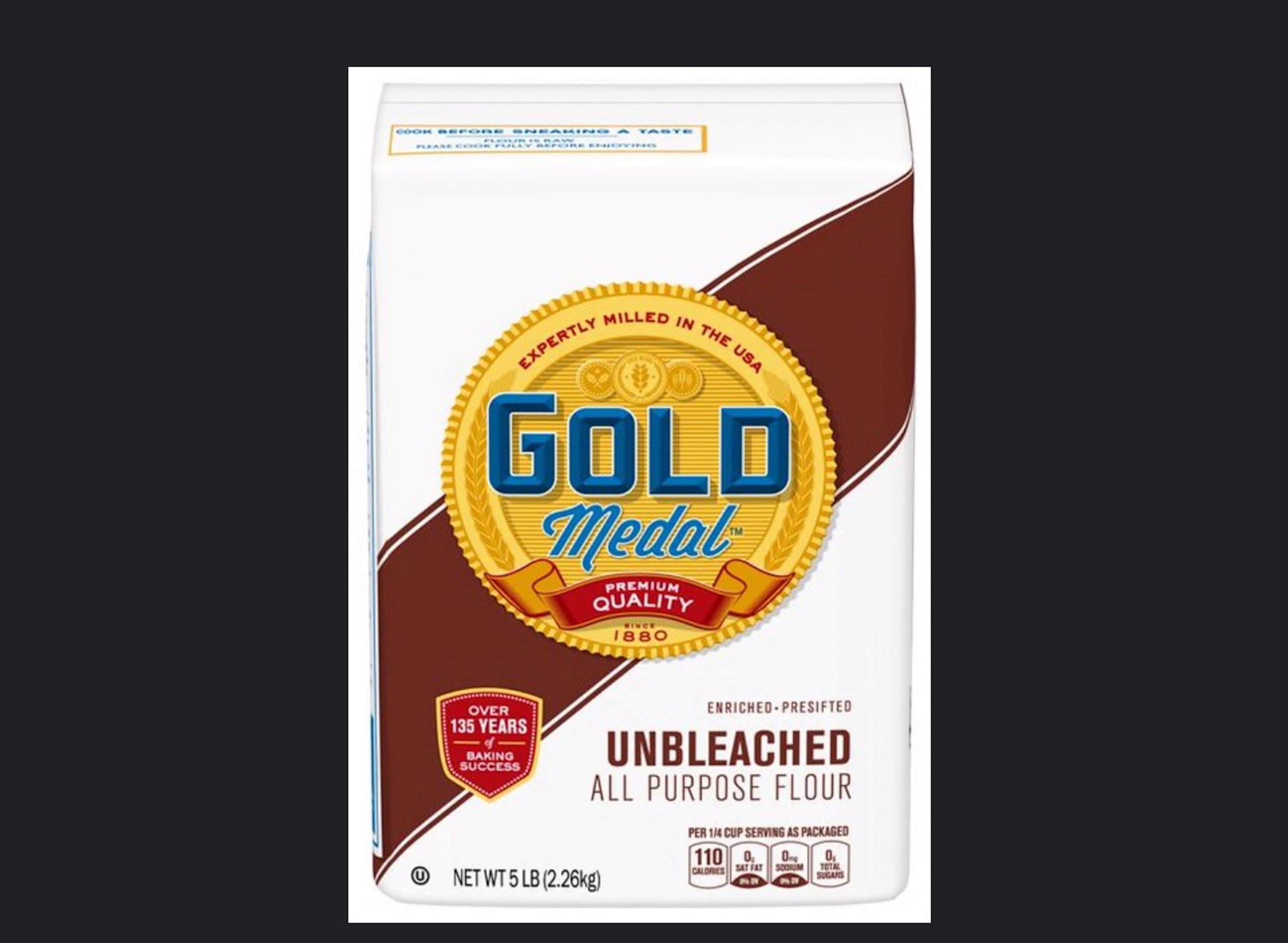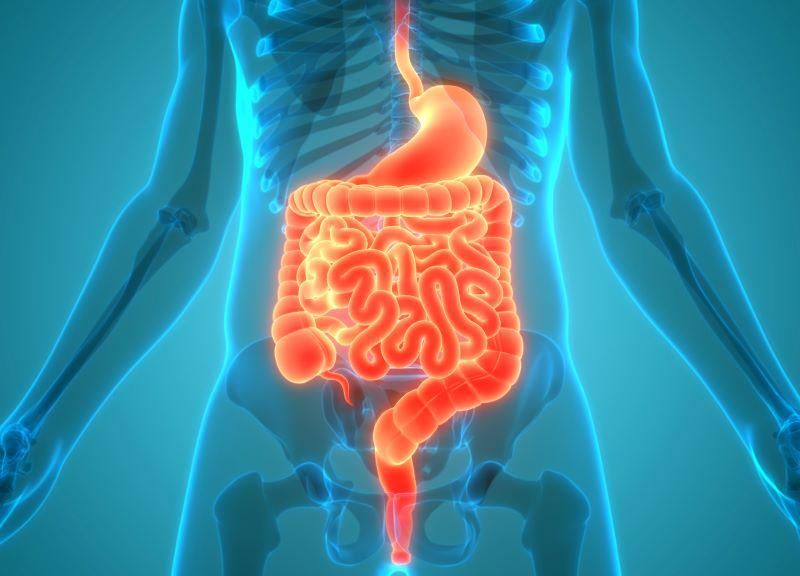
(HealthDay News) – Danish drugmaker Novo Nordisk said Thursday it will limit distribution of its low-dose versions of the wildly popular weight-loss drug Wegovy, to ensure that people already taking the drug will have enough supply. The medication is one of three drugs from a class known as GLP-1 agonists. These medications have been shown… read on > read on >






























